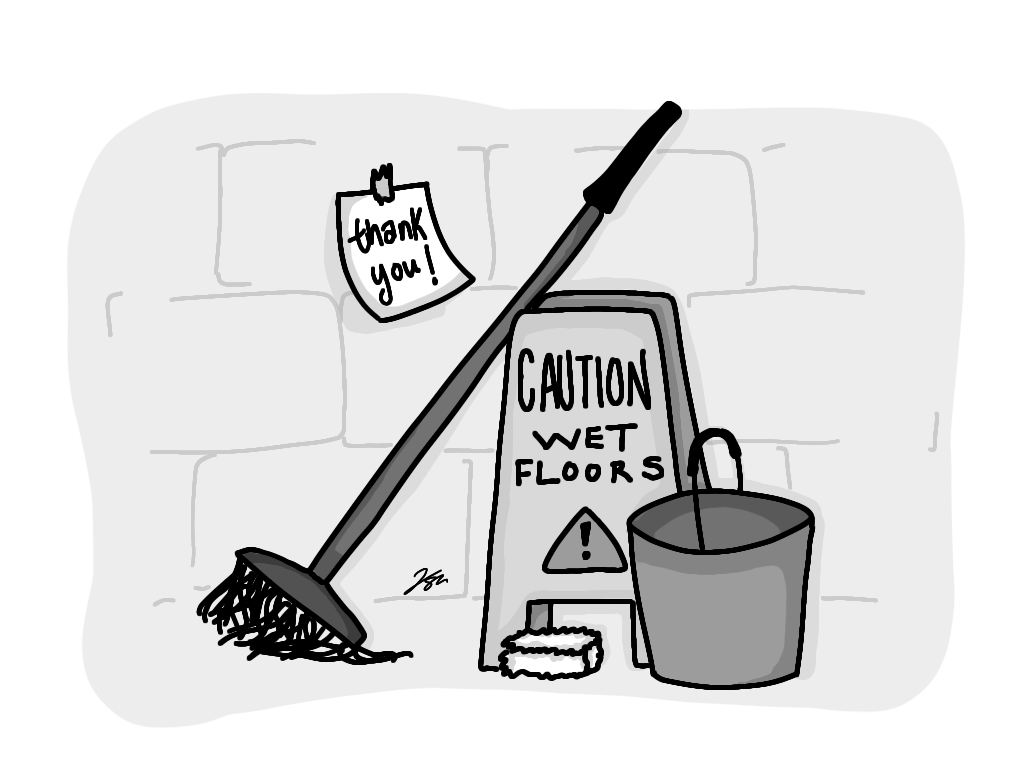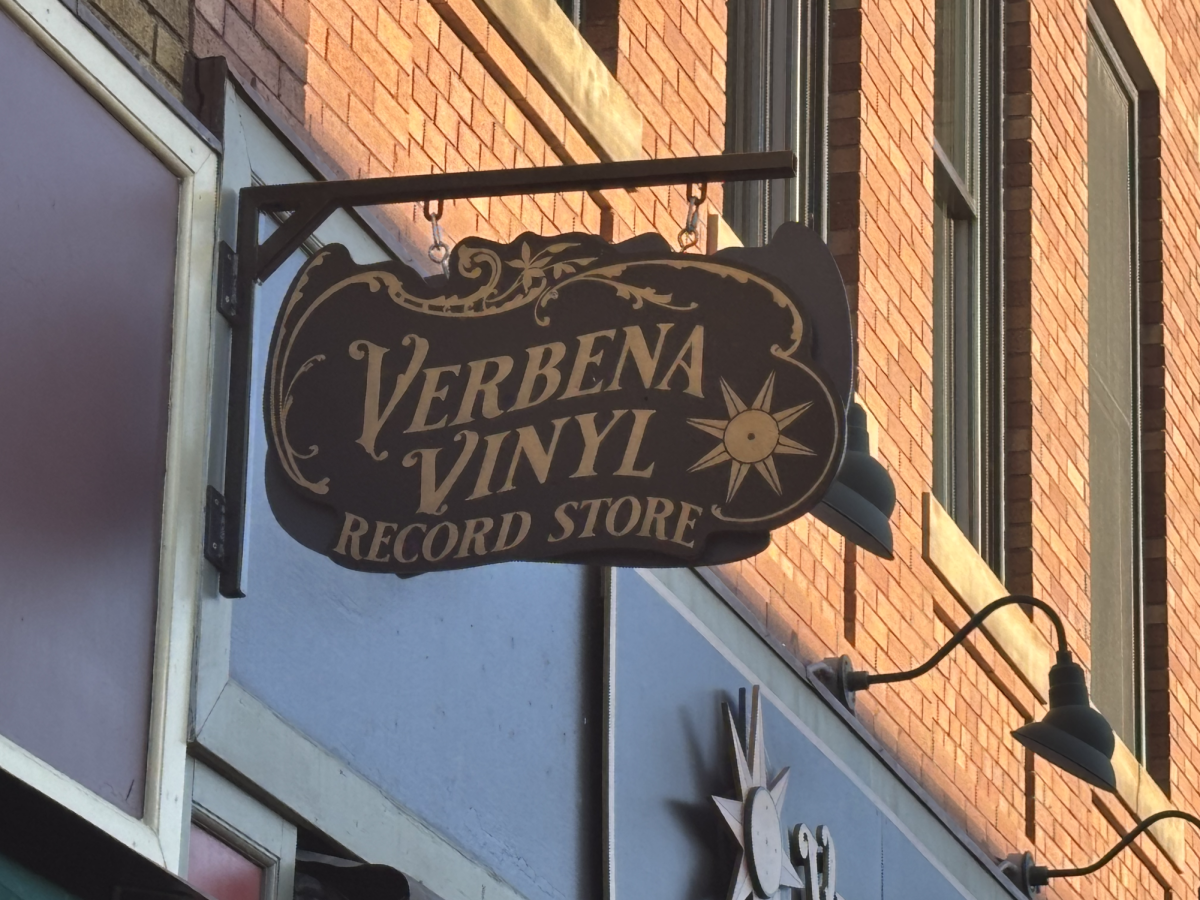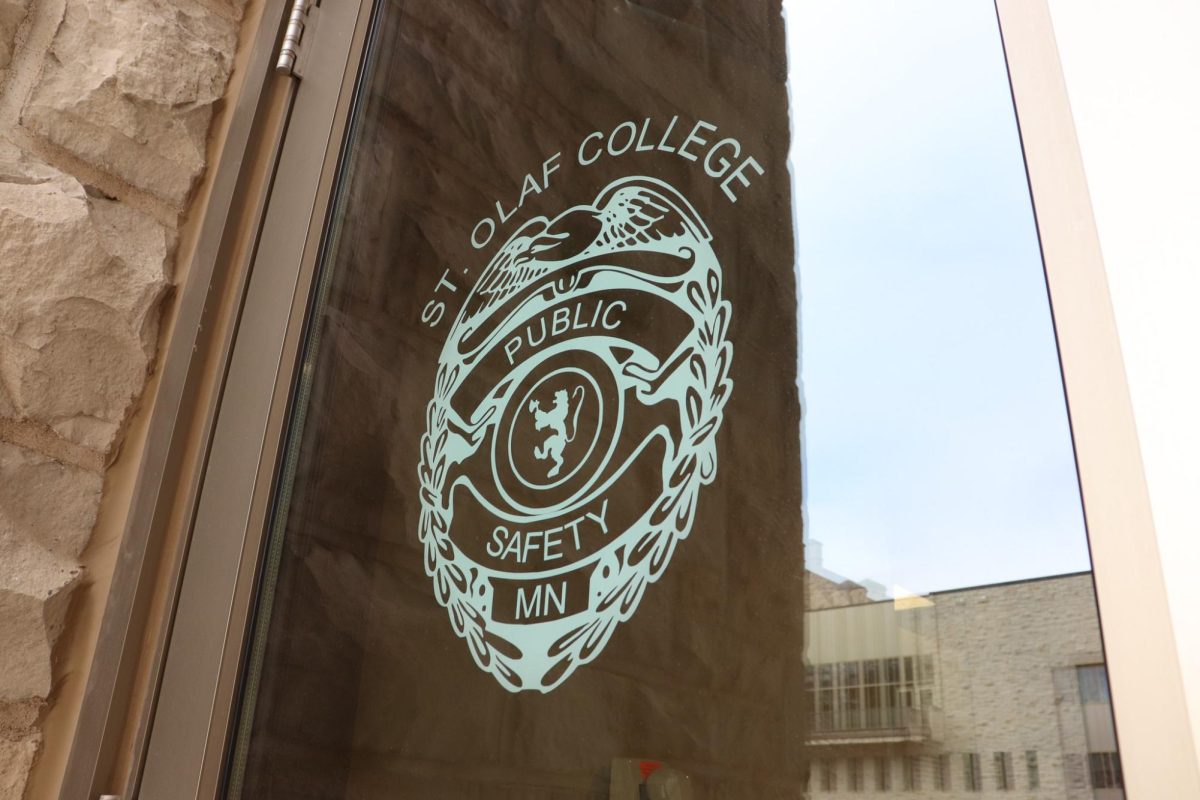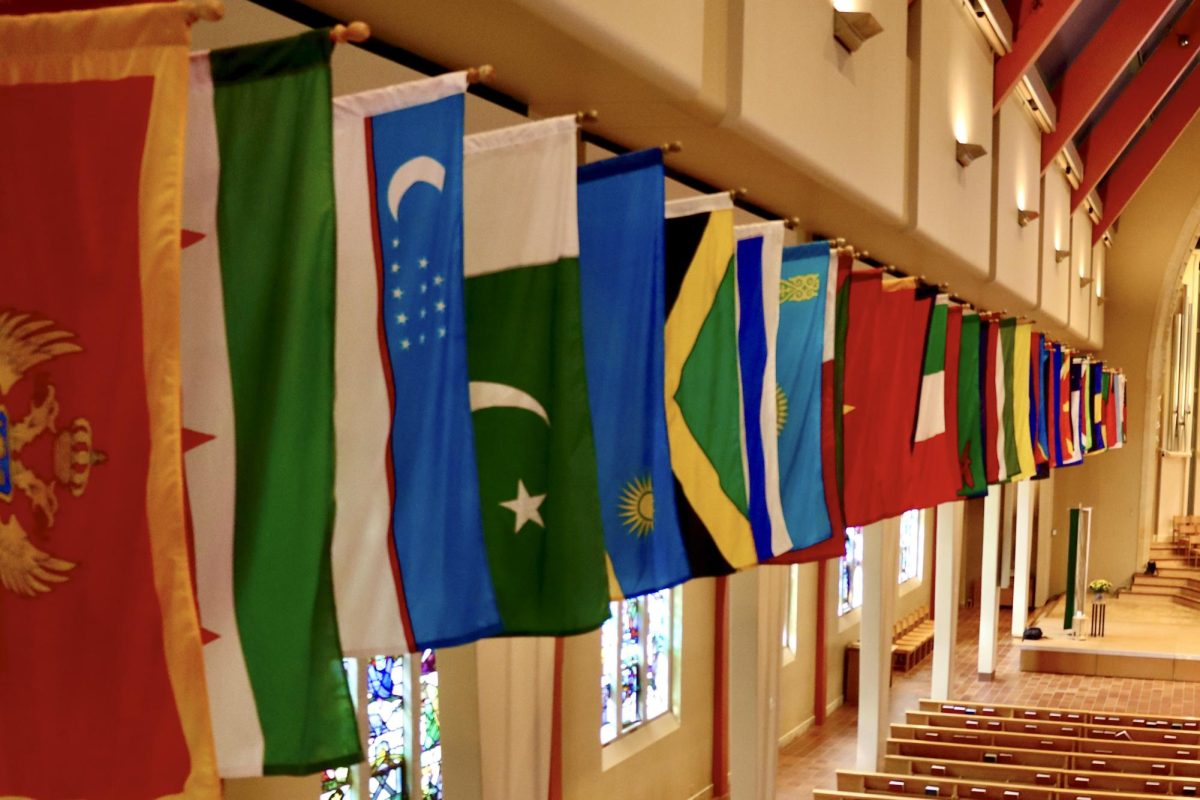February is Black History Month, a time dedicated to honoring the past and present achievements of black Americans. The month is all the more relevant in light of recent events, from ongoing tensions between law enforcement and black communities across the United States, to the scrawling of the N-word on classroom doors at St. Olaf. In order to celebrate Black History Month at St. Olaf and explore some of the current issues surrounding race in America, the Cultural Union for Black Expression (CUBE) partnered with the Karibu Association to host a weeklong series of events that explore and celebrate blackness in all its various forms.
According to their summary on the St. Olaf website, CUBE is “an organization that discusses and analyzes the depth of the African-American experience while also relating to the experience of other underrepresented groups.” The Karibu Association describes itself on the St. Olaf website as “an organization created to strengthen the African and African descent community (and those interested in the culture) as well as to increase the awareness, understanding, and celebration of the various countries of Africa and their unique cultures among all students of St. Olaf.”
While distinct, the complementary nature of these two mission statements supports the partnership that took place in hosting a series of events for African and Caribbean Week, which ran from Feb. 13-18. According to co-chair of CUBE Demetrius Brown ’18, the collaboration “started with a mutual interest … We had executive meetings with CUBE execs and Karibu execs before we went on for interim,” Brown said. “So then, this semester we come around and we have African and Caribbean Week. We wanted to get as many perspectives on what it means to be black as we could, so we started doing events and stuff like that.”
These events varied from cultural celebration to socio-political discussion, with a lecture on African women’s stories on Monday, a workshop on African storytelling on Tuesday, a panel discussion on what is means to be black on Wednesday, a black hair workshop on Thursday, a discussion on crime and race on Friday and a screening of the movie “Tsotsi” Friday and Saturday, which explores street life. In addition, CUBE and Karibu hosted the Blackout Comedic Improv Troupe on Feb. 10 and put on the Black History Month Pause Dance on Feb. 11.
The main intention behind these events was to “connect with the black community at St. Olaf,” Brown said. “We want to bring them together in every which way that we can.”
It was important to Brown to have a variety of events in order to cater to different needs and interests among the black community.
“A Pause dance is for relaxation and to have fun on the weekend in a safe environment, but I feel like something more like the panel discussion is for more political people that want to come and discuss more intersectional things, or race and identities,” he said.
To Brown and members of CUBE, Black History Month is largely about celebrating blackness in a society that marginalizes people of color.
“[It’s] a designated time where people look at us and try to change their perception of us, and a time when they come to appreciate us,” Brown said.
While confronting racism is often perceived as the key intention behind Black History Month, Brown thinks differently.
“The main purpose of Black History Month is not to keep that white center – we have to change the focus. It’s about black people; black people in Jamaica, black people everywhere across the world, caring for all of them and putting the attention on them,” Brown said.
Black History Month isn’t over for another week, leaving room for further commemoration and reflection.
“I would like people to come to our events, and I don’t want people to be spectators, you don’t want people to come to the events and spectate on people telling their story … but we want people to come and take it away, and then go home and talk to your racist brother, your racist uncle. A lot of people don’t want to take it that next step to make it not just ‘Oh, the black people’s issue,’ [but] to make it their issue too,” Brown said.
While African and Caribbean week has ended, there will still be a photo display on the wall of the Cage at the end of the month. In addition, issues of race and racism will continue to be pertinent beyond the confines of Black History Month, rendering these events relevant and timely as St. Olaf’s community copes with issues of race, multiculturalism and identity.





